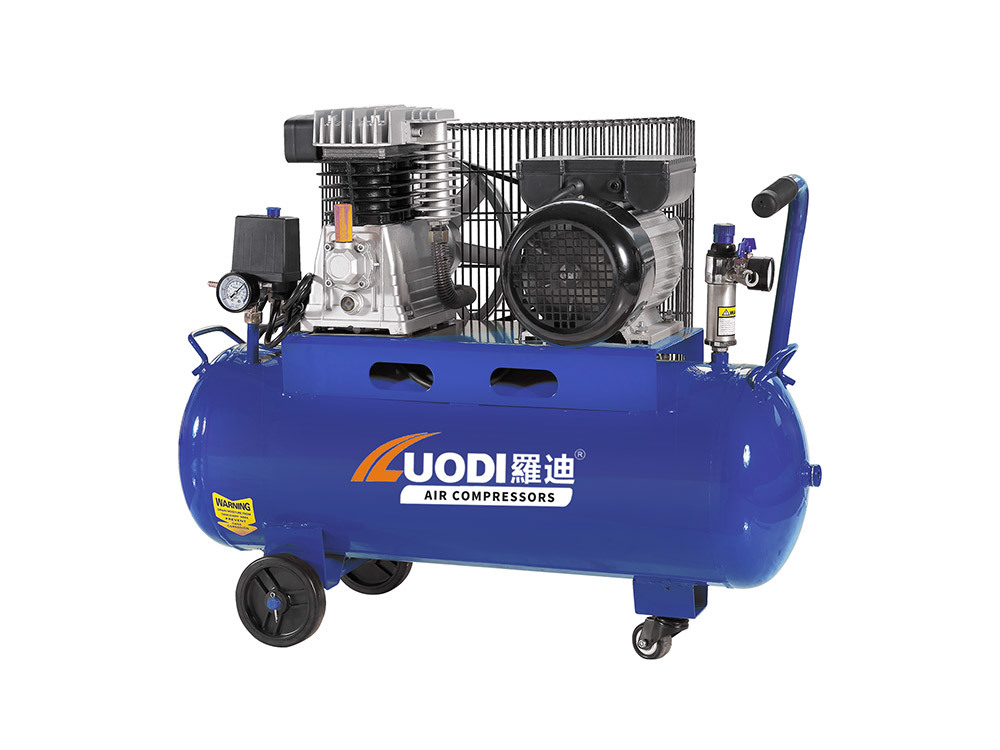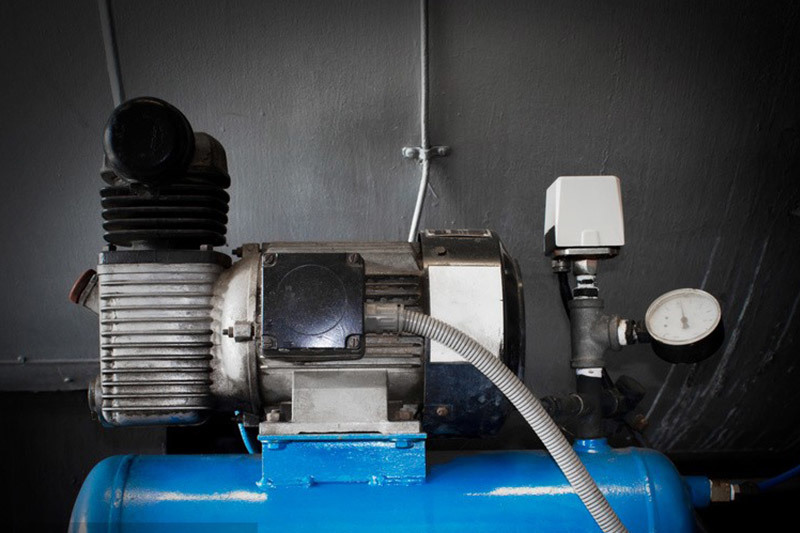18 Jun,2025
Essential Guide to Air Compressors in the Pharmaceutical Industry
Air compressors are indispensable tools in the pharmaceutical industry, serving a variety of critical functions that support both production processes and quality assurance. Their primary role is to supply compressed air for various applications, including powering pneumatic equipment, providing clean air for packaging, and facilitating the operation of laboratory instruments. Given the stringent
Air compressors are indispensable tools in the pharmaceutical industry, serving a variety of critical functions that support both production processes and quality assurance. Their primary role is to supply compressed air for various applications, including powering pneumatic equipment, providing clean air for packaging, and facilitating the operation of laboratory instruments. Given the stringent regulatory requirements in the pharmaceutical sector, it is essential that the air compressors used are of high quality and maintained meticulously.
One of the most important aspects to consider when selecting air compressors for the pharmaceutical industry is the air quality they provide. Compressed air can carry contaminants such as moisture, oil, and particulate matter, which can compromise product integrity and lead to costly batch failures. Therefore, pharmaceutical-grade air compressors are designed with advanced filtration and drying systems that ensure the air produced meets the stringent cleanliness standards required in this industry.
There are several types of air compressors used in the pharmaceutical sector, each designed for specific applications. Positive displacement compressors, such as reciprocating and rotary screw compressors, are commonly used due to their reliability and efficiency. These compressors can maintain a consistent output pressure, making them suitable for critical processes like filling and packaging sterile products. On the other hand, centrifugal compressors may be utilized for larger volume applications, where high flow rates are required.
Another critical factor to consider is the energy efficiency of air compressors. The pharmaceutical industry often operates in a highly competitive environment, and reducing operational costs is essential. Modern air compressors are designed with energy-saving technologies, such as variable speed drives, which optimize performance based on the demand. This not only lowers energy consumption but also extends the lifespan of the equipment through reduced wear and tear.
Moreover, the maintenance of air compressors is paramount in ensuring consistent performance and compliance with industry standards. Regular maintenance checks, including filter replacements, lubrication, and system diagnostics, help prevent downtime and ensure that the air quality remains within acceptable limits. Many pharmaceutical companies implement preventive maintenance programs to ensure their air compressors operate efficiently and reliably.
In conclusion, air compressors are a crucial component of the pharmaceutical industry, impacting everything from production efficiency to product quality. By understanding the various types of compressors available, their applications, and the importance of air quality, pharmaceutical companies can make informed decisions that enhance their operations. Whether used in manufacturing, packaging, or laboratory settings, selecting the right air compressor is essential for maintaining compliance and ensuring the integrity of pharmaceutical products.
One of the most important aspects to consider when selecting air compressors for the pharmaceutical industry is the air quality they provide. Compressed air can carry contaminants such as moisture, oil, and particulate matter, which can compromise product integrity and lead to costly batch failures. Therefore, pharmaceutical-grade air compressors are designed with advanced filtration and drying systems that ensure the air produced meets the stringent cleanliness standards required in this industry.
There are several types of air compressors used in the pharmaceutical sector, each designed for specific applications. Positive displacement compressors, such as reciprocating and rotary screw compressors, are commonly used due to their reliability and efficiency. These compressors can maintain a consistent output pressure, making them suitable for critical processes like filling and packaging sterile products. On the other hand, centrifugal compressors may be utilized for larger volume applications, where high flow rates are required.
Another critical factor to consider is the energy efficiency of air compressors. The pharmaceutical industry often operates in a highly competitive environment, and reducing operational costs is essential. Modern air compressors are designed with energy-saving technologies, such as variable speed drives, which optimize performance based on the demand. This not only lowers energy consumption but also extends the lifespan of the equipment through reduced wear and tear.
Moreover, the maintenance of air compressors is paramount in ensuring consistent performance and compliance with industry standards. Regular maintenance checks, including filter replacements, lubrication, and system diagnostics, help prevent downtime and ensure that the air quality remains within acceptable limits. Many pharmaceutical companies implement preventive maintenance programs to ensure their air compressors operate efficiently and reliably.
In conclusion, air compressors are a crucial component of the pharmaceutical industry, impacting everything from production efficiency to product quality. By understanding the various types of compressors available, their applications, and the importance of air quality, pharmaceutical companies can make informed decisions that enhance their operations. Whether used in manufacturing, packaging, or laboratory settings, selecting the right air compressor is essential for maintaining compliance and ensuring the integrity of pharmaceutical products.
More news








